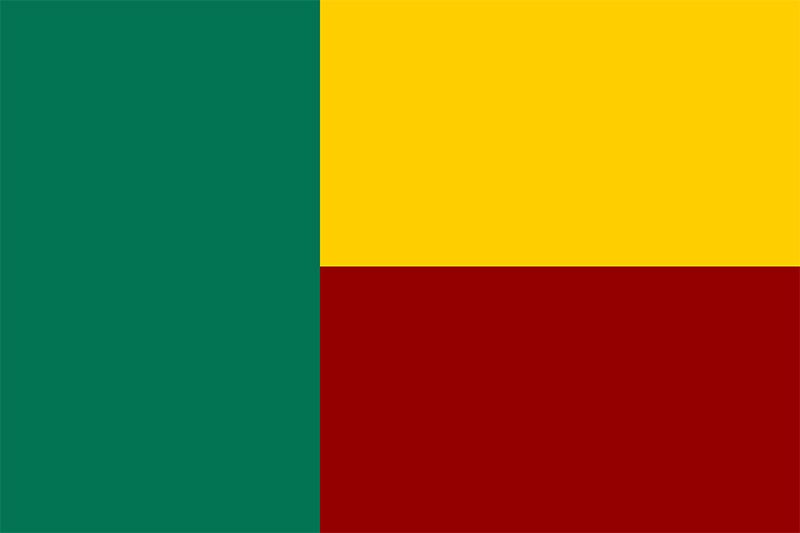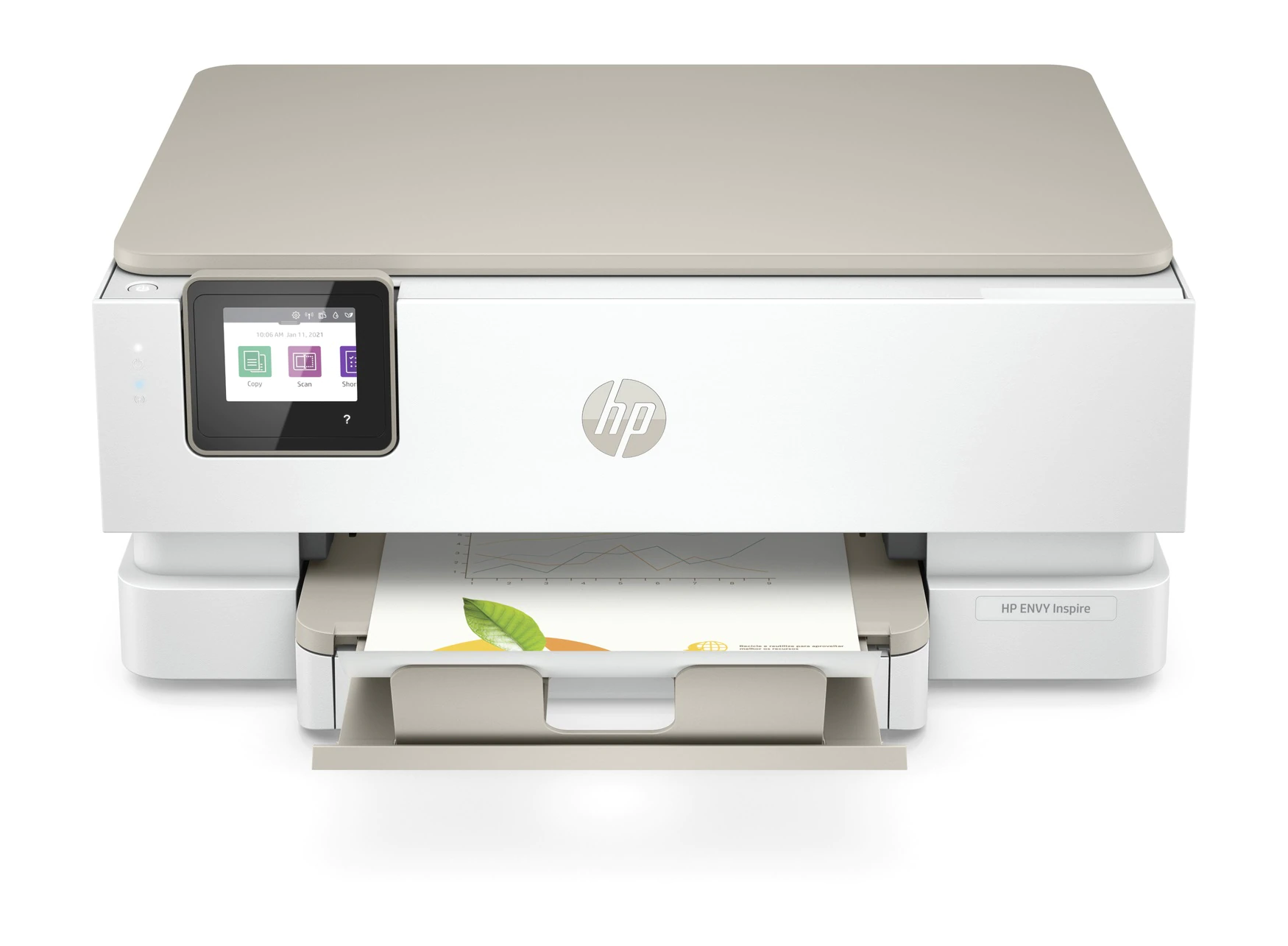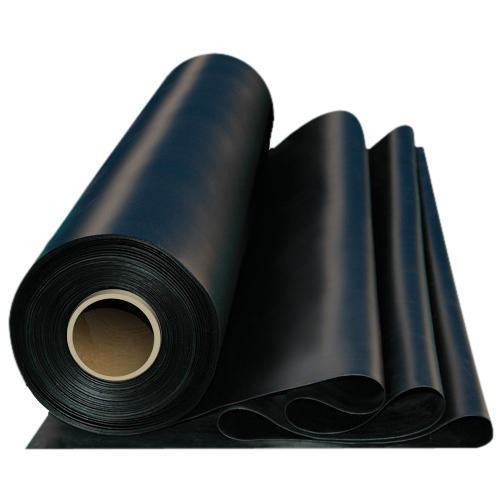How to Import Goods from Benin to Nigeria.
How to import Goods from Benin to Nigeria.
Nigerian customs are notoriously difficult to Compliance with. This is because the Nigerian government is based on Sharia Law, which means that there is a lot of religious and moral content that does not line up with the country’s official stance on secularism. As a result, even if you attempt to import goods into Nigeria without first obtaining a trade license from the government, you may be customs overweight and facing significant fines.
This situation can be compounded by the fact that Nigeria has a strict importation and export regulations system, which can make it difficult to obtain required documentation or to meet Withdrawal Requirements. In addition, the Nigerian financial system is incredibly unreliable and often unstable, making it difficult to arrange for shipments or to receive payments.
What to do if you face customs difficulties
If your business is based in Nigeria, you should consult a lawyer familiar with Nigerian customs regulations. It’s also important to keep in mind that the law can change frequently, especially with the country’s political situation. As a result, you may find that your company’s importation of goods is delayed or even prevented altogether by the government or customs officials.
If this happens to you, the best thing to do is to contact a licensed professional with experience in dealing with Nigerian customs regulations. They will be able to advise and guide you through the process and help ensure that your company has received all necessary paperwork before being allowed into Nigeria.
What to do if you’re trying to import goods without a trade license?
If you’re trying to import goods into Nigeria for your company, you need to make sure you are importing the right goods or that your company is complying with all the laws and regulations in place. In this post, we’ll help you find out if your importation is legal and help you locate supplies that aren’t subject to import regulations.
How to find the necessary paperwork
There are many requirements that need to be met when importing goods into the country. The government not only requires a trade license, but also requires you to submit documentation demonstrating compliance with financial and customs regulations. This can be done in two ways:
The first way is to obtain a license from the central bank or other regulatory body, which must be obtained before importation of any goods. If this isn’t possible, you may have to apply for an export license through the same organization that issues your trade license or you may have to seek out an international shipment service provider who specializes in exporting goods into Nigeria.
The second way of proving compliance is through a “Safety and Soundness” certificate by the Central Bank of Nigeria (CBN). CBN’s safety certificate is often required for importing certain types of technology equipment as well as electronic products containing hazardous materials, as these items are classified as dangerous goods.
How to get your goods into Nigeria
Importers need to take note of several important things before beginning any importation.
First, you need to be aware that Nigeria is an Islamic country and there are certain customs regulations that apply when importing goods from other countries. You need to keep in mind the following: The Import and Export Control Act (IECA) governs the procedures for importing and exporting goods into Nigeria. You can find more information about IECA here .
You must obtain a Nigerian government permission prior to importing into Nigeria. In addition, you must obtain permission from the appropriate Nigerian authorities if you’re trying to export your goods from Nigeria. You can find more information about obtaining permissions here .
Once you obtain permission, once the goods are in transit, you will be required to pay a loading fee known as an Advance Payment Fee (APF). From this point on, most of your expenses will occur in transit, such as customs duties and insurance costs.
You must also make sure that all goods are boxed properly to avoid damage during transport or during storage at customs warehouses. Everything should be packed securely so that it’s not damaged when it’s being trucked across borders or transported through African nations like Nigeria.
How to receive payments and export products.
The good news is that there are several systems for importing goods into Nigeria. The bad news is that they are not standardized and therefore may require you to pay a significant sum of money.
You can import goods into Nigeria using the following methods:
● Export Certificate of Origin (ECO) – You can easily obtain an ECO from your local customs office and export goods with it. The ECO is a document proving your product has been produced in conformity with the laws, regulations, or guidelines that govern the importation of goods into Nigeria.
● Import declaration – This process requires you to fill out a form at your local customs office and then provide documents to prove the items were manufactured in conformity with Nigerian regulations. An import declaration allows you to avoid paying fees and taxes on imported goods and to receive payments from importers going forward.








LEAVE A COMMENT
You must be logged in to post a comment.